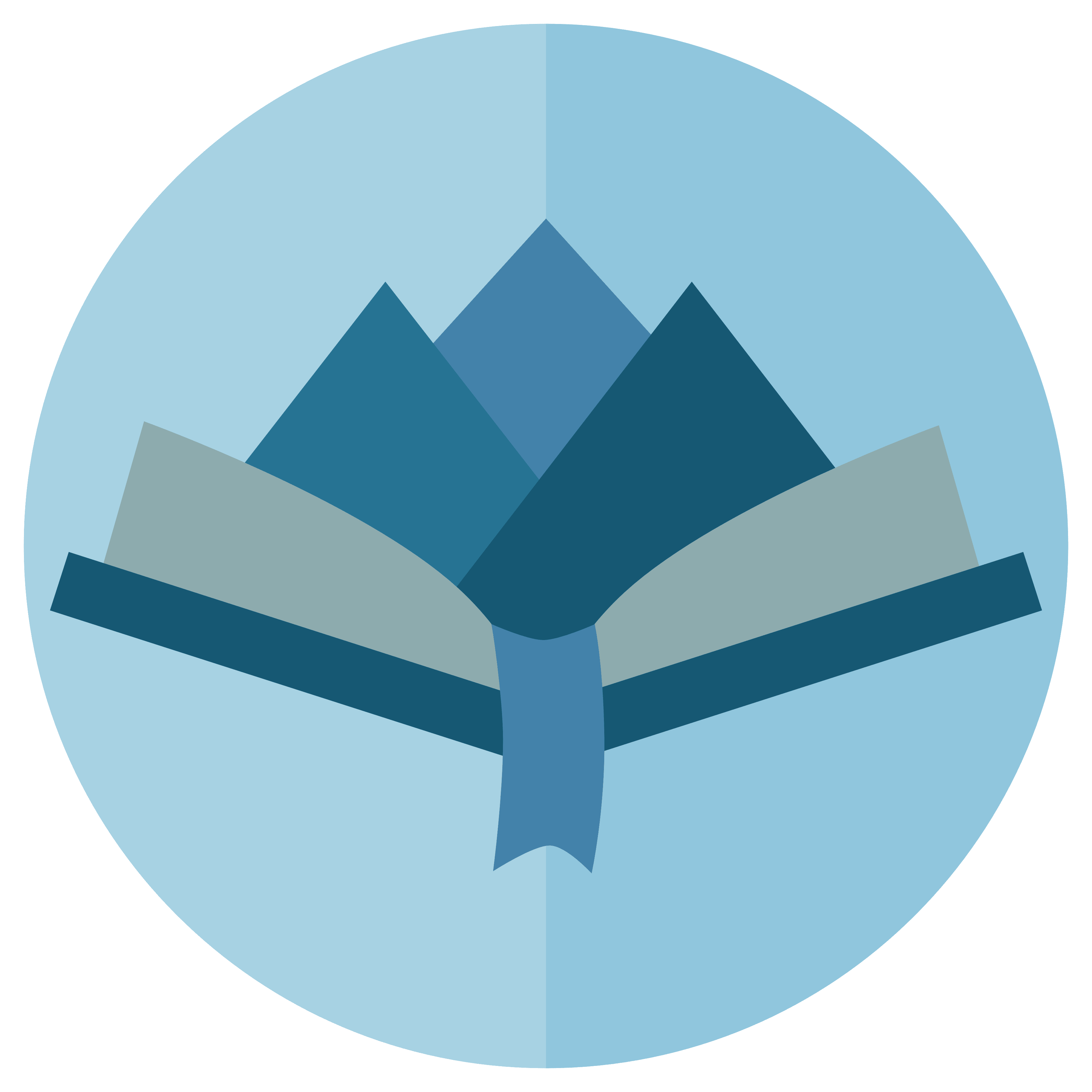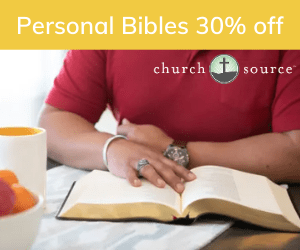
Exodus 10-13: Passover
Exodus 10-13 covers the last few great plagues of Egypt, as well as the miraculous Passover to spare God’s faithful people. Why are the events of Exodus 10-13 so important? Why should this history hold such significance in our lives even today? Find out as we explore these chapters together.
The book of Exodus is filled with important information about the history of God’s people and the world. It is not only important, but so many of the lessons we can learn are relevant to each one of us as children of God. Dive in as we explore Exodus chapter by chapter.
- Main Themes of the Book of Exodus
- Exodus 1-4: Moses & Aaron
- Exodus 5-9: The Great Plagues
- Exodus 10-13: Passover
- Exodus 14-18: Deliverance
- Exodus 19-21: 10 Commandments
- Exodus 22: Property & social responsibilities
- Exodus 23: Helping others
- Exodus 23: The Annual Feasts
- Exodus 24-30: The Tabernacle
- Exodus 31: The Sabbath
- Exodus 32: The Golden Calf
Exodus 10
The Plague of Locusts
‘They covered the face of the whole land, so that the land was darkened, and they ate all the plants in the land and all the fruit of the trees that the hail had left. Not a green thing remained, neither tree nor plant of the field, through all the land of Egypt. ‘
Exodus 10:15
Pharaoh agreed to let Moses and Aaron go worship by themselves, but would not let their families or herds come with them. He continued to refuse to let the Israelites go, and his heart is again hardened.
The Plague of Darkness
‘So Moses stretched out his hand toward heaven, and there was pitch darkness in all the land of Egypt three days. They did not see one another, nor did anyone rise from his place for three days, but all the people of Israel had light where they lived. ‘
Exodus 10:22-23
Pharaoh agreed to let them take their families, but now refuses to let him take the herds with them.
Exodus 11
The Final Plague Threatened
God tells Moses that after this last plague, Pharaoh will not just let them leave, but drive them out completely. He gives the Israelites favor with the Egyptians and they are given much gold and silver in anticipation of being run out of the land.
‘and every firstborn in the land of Egypt shall die, from the firstborn of Pharaoh who sits on his throne, even to the firstborn of the slave girl who is behind the handmill, and all the firstborn of the cattle. ‘
Exodus 11:5
Moses warned Pharaoh of the coming plague but still hardened his heart and would not let them go.
Exodus 12
The Passover
For the Passover, the Israel households marked their door frames with lamb’s blood so that when the tenth plague comes their households will be passed over and their firstborns will be saved. The plague comes, and all of the Egyptian’s firstborn sons are killed. The Egyptian’s then convince Pharaoh to let the Israelites go, but when they have started to leave he changes his mind and chases after them to bring them back as his slaves.
‘then tell them, ‘It is the Passover sacrifice to the Lord , who passed over the houses of the Israelites in Egypt and spared our homes when he struck down the Egyptians.’ ” Then the people bowed down and worshiped. ‘
Exodus 12:27
Why are the Passover Feast instructions so detailed?
Obedience is a huge part of the Passover story. Obeying God was critical because their lives depended on it. The strict and specific instructions were used as a tool for the Israelites to show their faith and trust in God and his instruction.
- Unleavened Bread: The Israelites would not have had time to make leavened bread. The unleavened bread of Passover is often referred to as “Bread of Affliction” to signify the hardship of slavery and the hasty transition to freedom.
- Karpas: This is a green leafy vegetable that symbolizes the initial flourishing of the Israelites in Egypt. Parsley, celery and boiled spring potatoes are often used to represent the karpas.
- Maror: Typically romaine lettuce or horseradish, this symbolizes the bitterness of slavery.
- Charoset: This is a paste-like mixture of fruit, nuts, honey and sweet wine that symbolizes the mortar used by the Israelites when laying bricks for Pharaoh’s monuments.
- Shank Bone: Traditionally a roasted lamb bone, this piece is never eaten. Originally it represented a blood sacrifice that at that time would have been made in the Holy Temple. Now it is a visual reminder of what happened right before the Exodus.
- Egg: The egg again signifies a sacrifice that would have been offered in the Holy Temple, and now symbolizes new beginnings and rebirth. The egg, also, is not eaten during the ritual, but some families serve hardboiled eggs as appetizers to remind them that, even while you embark on new journeys you must remember the hardships that brought them there.
- Chazeret: This is very much like maror, and is usually lettuce or root vegetables. It also signifies the bitterness of slavery.
Sandwiches called “korech” are made from the unleavened bread, maror and charoset which embodies the bitterness of the Israelites over their hard labor, and the spiritual affliction they suffered while enslaved.
The foods eaten as The Passover Seder are tangible reminders of the hardships of slavery and the exaltation of the Israelites in Exodus.
The Exodus
‘The Israelites journeyed from Rameses to Sukkoth. There were about six hundred thousand men on foot, besides women and children. Many other people went up with them, and also large droves of livestock, both flocks and herds. With the dough the Israelites had brought from Egypt, they baked loaves of unleavened bread. The dough was without yeast because they had been driven out of Egypt and did not have time to prepare food for themselves. ‘
Exodus 12:37-39
The Israelites plundered the Egyptians of their gold, silver, and clothing. They were rushed out with the herds, families, and unleavened breads. Pharaoh finally told them to leave after 430 years in Egypt.
Passover Restrictions
- Only those in God’s family can partake.
- It must be eaten inside the house, and the meat must never leave the house.
- Do not break the bones.
- If a foreigner wants to participate, he must have all the males of his household circumcised. All males of all households must be circumcised in order to eat the Passover Fest.
The restrictions are set because God wanted to fix this event into the history, culture, religion, and daily mindset of His people for all generations.
Exodus 13
Consecration of the Firstborn
‘“Consecrate to me every firstborn male. The first offspring of every womb among the Israelites belongs to me, whether human or animal.” ‘
Exodus 13:2
God had saved the Israelite’s firstborns during the Passover, and He asks them to dedicate each firstborn to Him as a way to show their appreciation and devotion to Him for saving them.
The Feast of Unleavened Bread
‘Seven days you shall eat unleavened bread, and on the seventh day there shall be a feast to the Lord . Unleavened bread shall be eaten for seven days; no leavened bread shall be seen with you, and no leaven shall be seen with you in all your territory. You shall tell your son on that day, ‘It is because of what the Lord did for me when I came out of Egypt.’ And it shall be to you as a sign on your hand and as a memorial between your eyes, that the law of the Lord may be in your mouth. For with a strong hand the Lord has brought you out of Egypt. You shall therefore keep this statute at its appointed time from year to year. ‘
Exodus 13:6-10
This “sign on your hand and as a memorial between your eyes” is a figure of speech, like we would say “the words is on the tip of my tongue”. This figure of speech meant that the Passover would symbolize the mighty power of God on behalf of His people.
Why did God always call for a sacrifice?
Since impurity is unacceptable in the presence of God, death occurs when anything impure comes into the presence of God. God would request that the animals be sacrificed in place of themselves. Jesus ultimately fulfilled this sacrificial system when He died on the cross. He was the ultimate sacrifice, making us pure in the sight of God.










